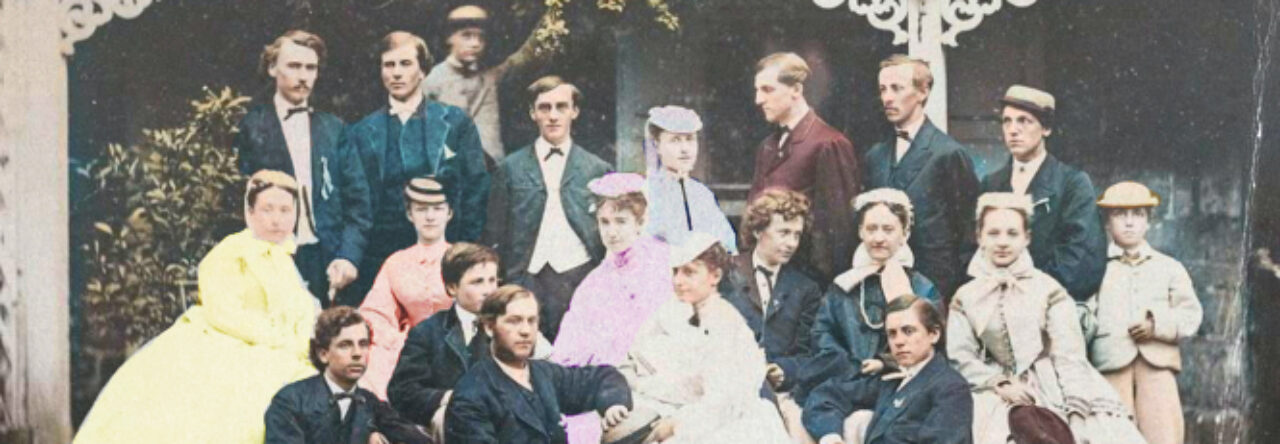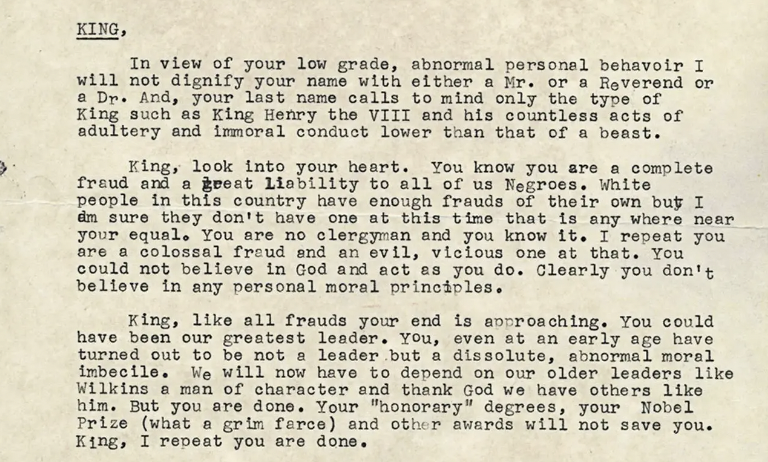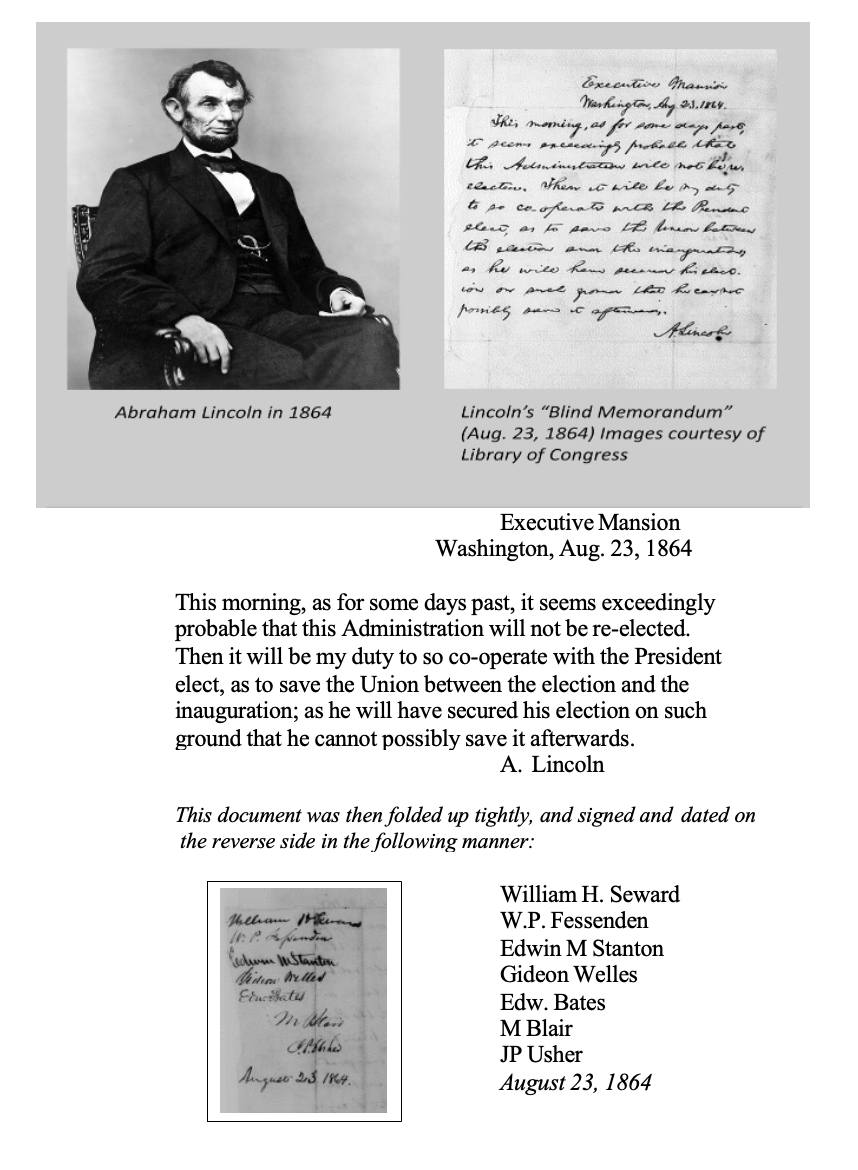Reading King and the FBI
“I think any journalist and any historian has to deal with the public record that the government puts out there.” –David Garrow (University of Pittsburgh Law School)
“It is deeply irresponsible for a historian to cast such F.B.I. sources, which can be deeply unreliable, as fact. Most scholars I know would penalize their graduate students for doing this.” –Jeanne Theoharis (Brooklyn College / CUNY)
[Garrow’s article is] “potentially important research for rounding out King as a complicated person, and for giving new perspectives on women’s experiences in the civil rights movement.” –Beverly Gage (Yale)


